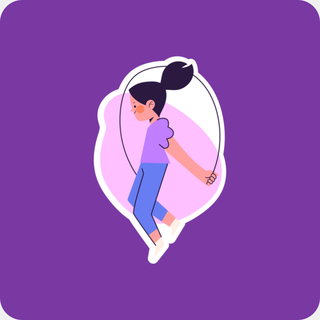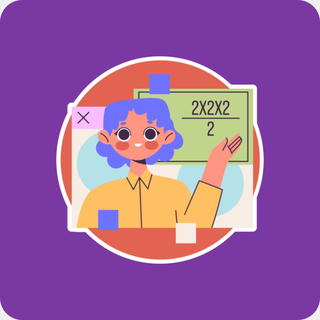Identifying mental health issues in children can be challenging because their symptoms may manifest differently compared to adults. Here are some signs that may indicate a child is experiencing mental health issues:
-
Changes in Behaviour: Look for significant changes in behaviour, such as sudden withdrawal from social activities, increased irritability, mood swings, or frequent outbursts of anger.
-
Difficulty Concentrating: Children with mental health issues may have trouble focusing, completing tasks, or staying organised. This can manifest as a decline in academic performance or difficulty following instructions.
-
Physical Symptoms: Some mental health issues can manifest physically, such as frequent headaches or stomach aches, without a clear medical cause.
-
Changes in Eating or Sleeping Habits: Pay attention to any significant changes in appetite, eating habits, or sleeping patterns. This can include eating significantly more or less than usual, trouble falling or staying asleep, or excessive sleeping.
-
Social Withdrawal: Notice if the child is avoiding social interactions, isolating themselves from friends or family, or expressing feelings of loneliness or sadness.
-
Intense Emotions: Children experiencing mental health issues may exhibit intense emotions that seem out of proportion to the situation, such as extreme anxiety, fear, or sadness.
- Self-Harm or Suicidal Thoughts: In severe cases, children may engage in self-harming behaviours or express thoughts of self-harm or suicide. Take any mention of self-harm or suicide seriously and seek professional help immediately.
It's essential to remember that every child is unique, and not all signs may be present in every case. Additionally, some of these signs can also be indicative of other issues or developmental stages. If you're concerned about a child's mental health, it's best to consult with a qualified mental health professional for a comprehensive assessment and appropriate support. If you're concerned about a child's mental health, it's best to consult with a qualified mental health professional for a comprehensive assessment and appropriate support.



























